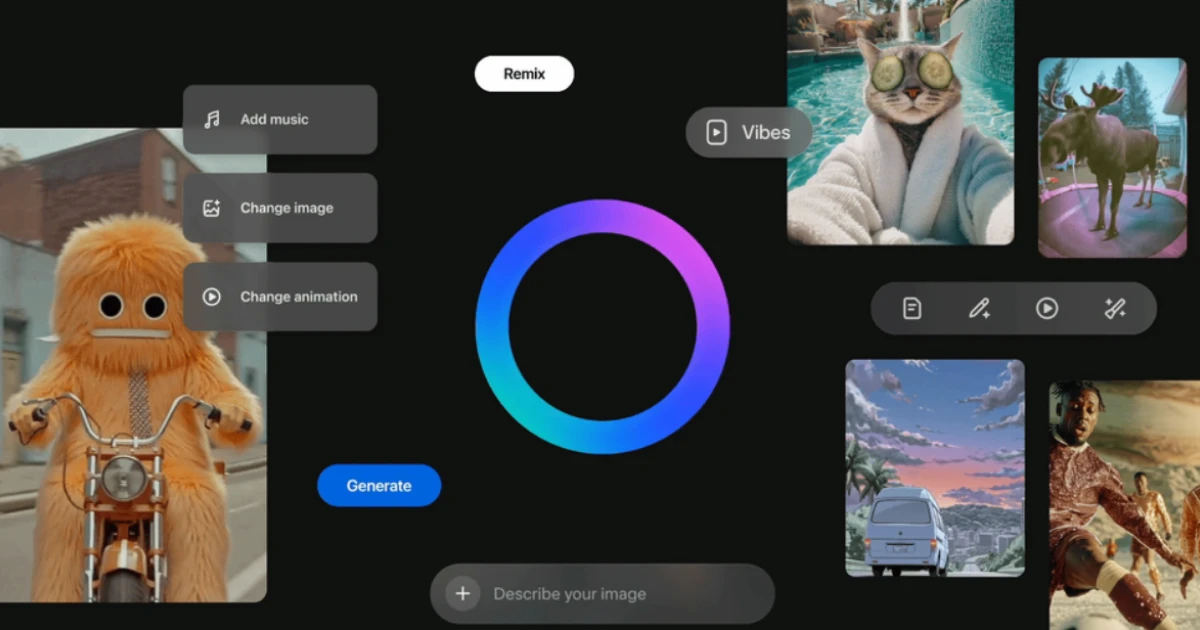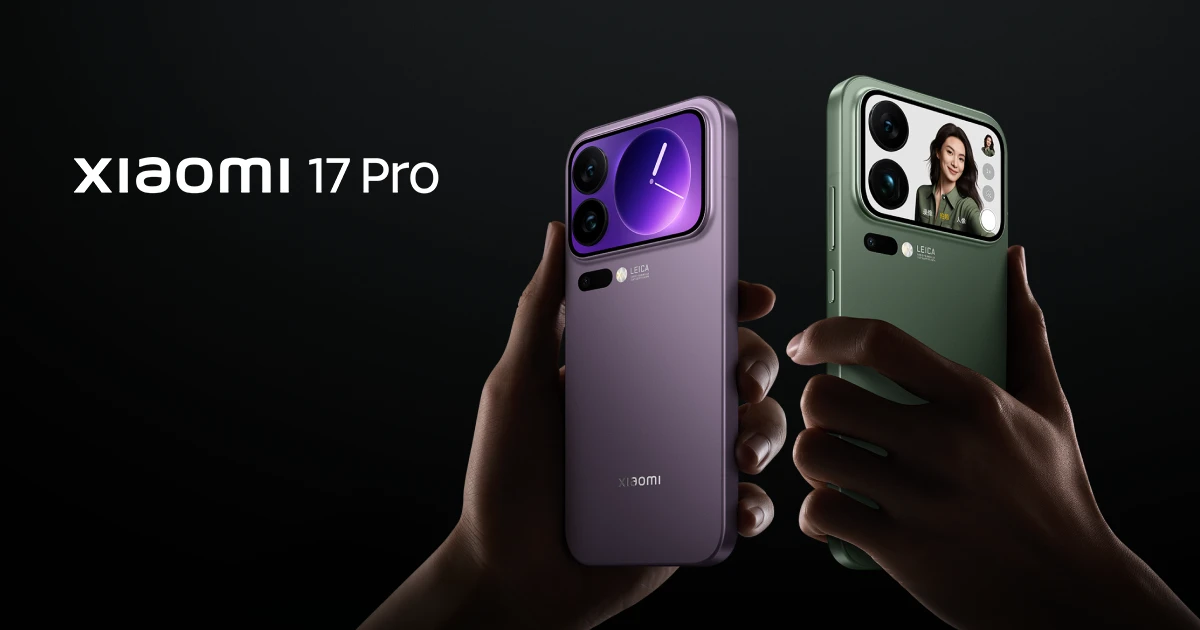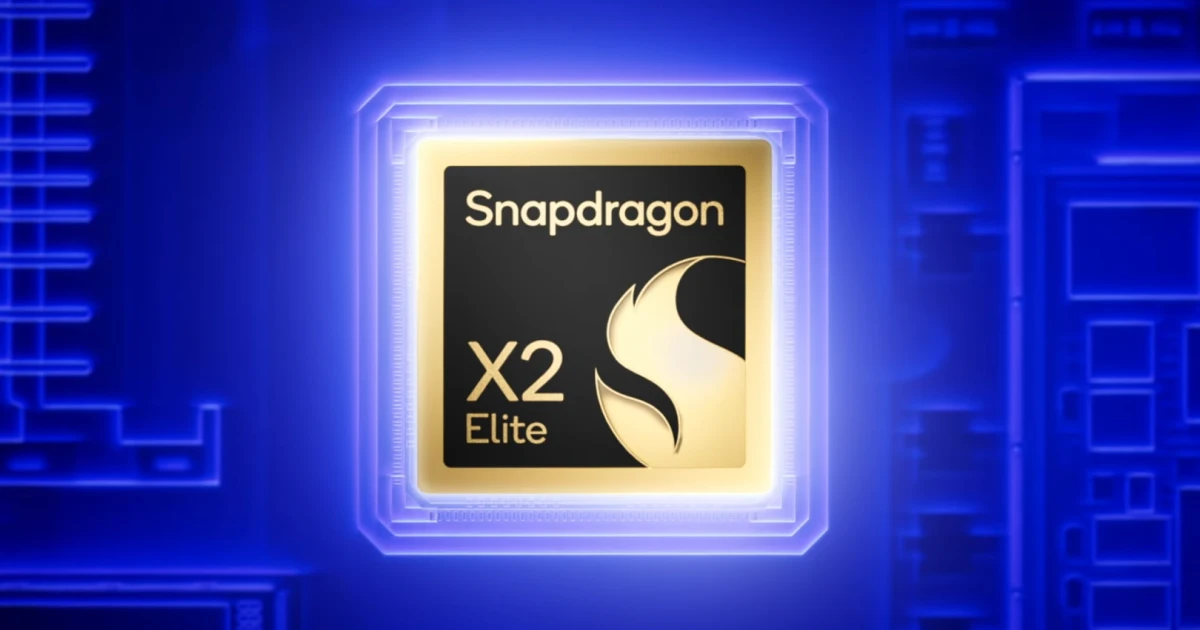Yet, on Monday, Trump put the spotlight on ending that era, saying that he would allow Nvidia to sell its H2O chips to China, in exchange for the US government to receive a 15% cut of the company’s sales of some advanced chips in that country. He also made a similar deal with Nvidia’s smaller rival, AMD.
He also reported that he was open to allowing Nvidia to sell a scaled-down version of its current flagship Blackwell chips to Chips. Months earlier, his own administration had banned the sales of H2O chips to China, reversing the decision in July as part of the move, the government said, were negotiations on rare earths.
With the latest move the US lawmakers from both parties who warned that it risked creating a pay-for-play framework for the sale of sensitive technologies to US adversaries, a concern echoed by analyst and legal experts.
The US representative John Moolenaar, a Michigan Republican who chairs the House Select Committee on China, said, “Export controls are a frontline defense in protecting our national security, and we should not set a precedent that incentivizes the government to grant licenses to sell China technology that will enhance its AI capabilities,”.
More so, Representative Raja Krishnamoorthi of Illinois, the ranking Democrat on the same committee, said that “by putting a price on our security concerns, we signal to China and our allies that American national security principles are negotiable for the right fee."
In order to make sure, the Trump administration said that the national security risks of resuming H2O sales are minimal because the chip was sold widely in China. The US Commerce Secretary Howard Lutnick last month described the H2O as Nvidia’s “fourth-best chip” in an interview with CNBC.
The US Constitution prohibits Congress from levying taxes and duties on articles exported from any state. Trade lawyer Jeremy Iloulian said it is hard to tell if this would also be considered an “expert tax” or some other form of payment without knowing more about the agreement.
Iloulian said that “Up until today, there has never been a consideration of how much companies need to pay to receive an export license," Kyle Handley, a professor at the Unieristy of California San Diego School of Global Policy and Strategy said “It sure looks like an export tax to me ... they can call it whatever they want. It really looks a lot like the government is skimming a little bit off the top.”
More so, when asked if Nvidia agreed to pay 15% of revenue to the US, a company spokesperson said, “We follow rules the U.S. government sets for our participation in worldwide markets.", reported Reuters.
The spokesperson also added, "While we haven't shipped H20 to China for months, we hope export control rules will let America compete in China and worldwide."














